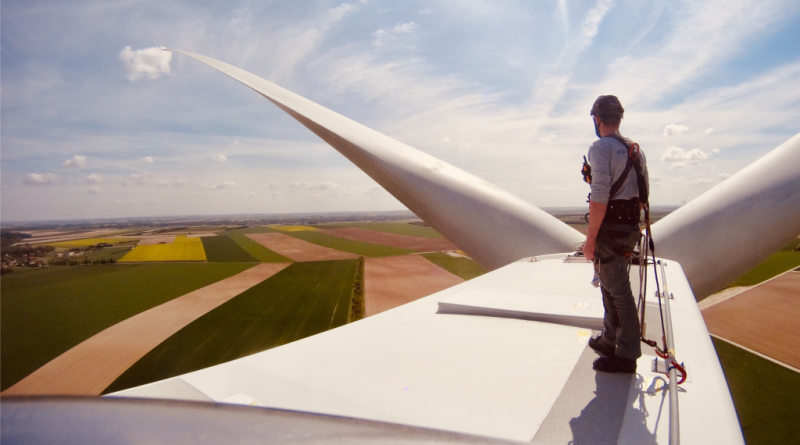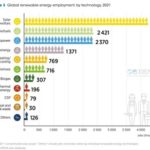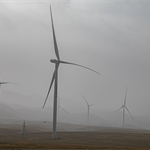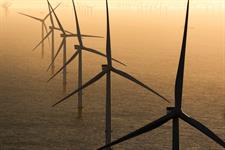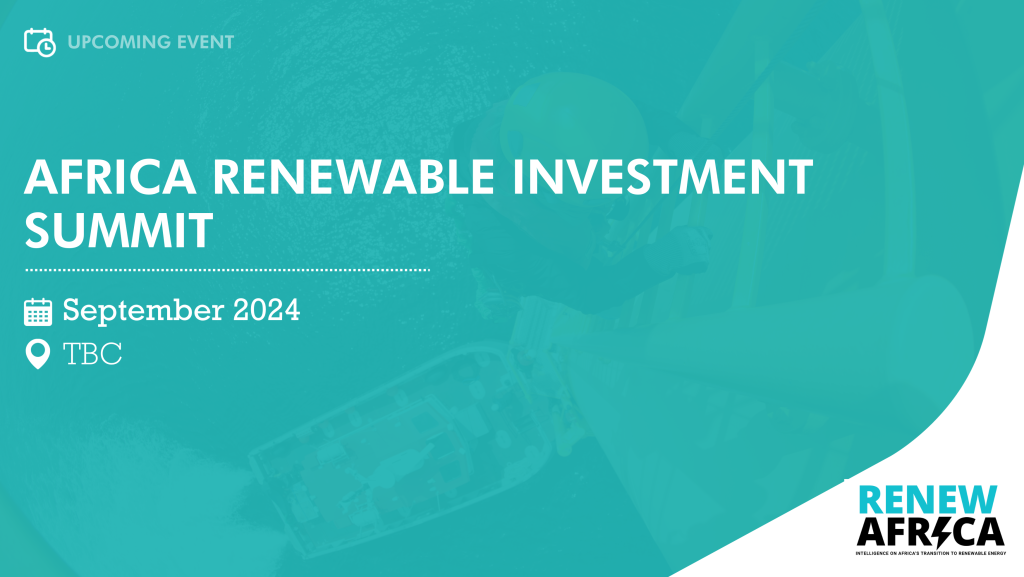Wind can power 3.3 million new jobs worldwide over next five years
Energy Disrupter

29 April 2021, Brussels – New analysis by the Global Wind Energy Council (“GWEC”) shows that 3.3 million new wind power jobs can be created globally over the next five years thanks to major industry expansion. This figure includes direct jobs in both onshore and offshore wind, and covers the entire value chain of the sector: project planning and development; manufacturing; installation; operation and maintenance (O&M); and decommissioning.
With 751 GW of wind power capacity already installed, the wind industry has generated nearly 1.2 million jobs globally to date according to the International Renewable Energy Agency. The world’s leading wind energy countries are home to hundreds of thousands of direct jobs in the wind industry. As of 2020, there were approximately 550,000 wind energy workers in China, 260,00 in Brazil, 115,000 in the US and 63,000 in India, according to a global survey by GWEC Market Intelligence.
GWEC Market Intelligence forecasts that an additional 470 GW of new onshore and offshore wind capacity will be installed around the world between 2021-2025. Based on existing job creation calculations, this surge in new capacity can generate 3.3 million sustainable and long-term jobs over the course of 25-year project lifetimes. Many of these jobs will be locally based, such as for the construction and O&M phase of projects. The majority of these jobs will be created in high growth wind markets including China, US, India, Germany, UK, Brazil, France, Sweden, Spain, South Africa, and Taiwan.
Ben Backwell, CEO at GWEC, commented: “The wind industry has a strong track record of creating high-quality and long-term jobs and reviving communities through an array of industrial opportunities. As the world still reels from the economic impacts of the COVID-19 pandemic, governments must look to the wind sector as a key industry to create the jobs they need to get their economies back on track”.
“Yet despite the undeniable evidence that wind and other clean energy sectors offer significantly more economic benefits and jobs, COVID-19 stimulus packages globally are still spending a cumulative $30 billion more on fossil fuel energy compared to clean energy. This is incongruent with the parallel calls to ‘Build Back Better’ and address the climate emergency ahead of the crucial COP26 conference. Each dollar spent on fossil fuels instead of clean energy means we miss out on potential jobs”, he added.

